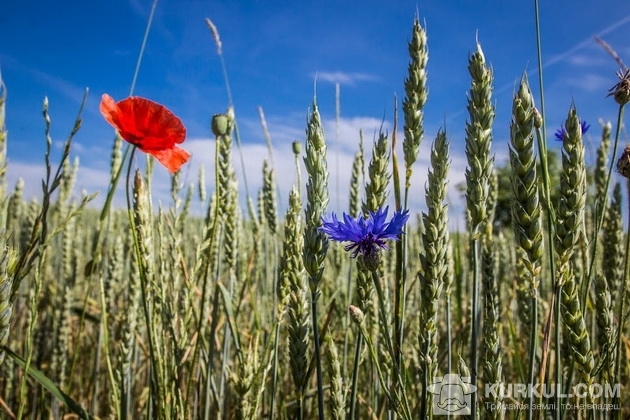Ukraine suffers from port blockades, while Russia increases exports

Ukraine continues to increase the pace of grain exports through the Danube ports and the western border, but without unblocking the Black Sea ports, it cannot reach "pre-war" volumes of supplies. Meanwhile, Russia continues shelling Mykolaiv and Odesa, confirming its reluctance to restore the work of the ports and promote the work of the "grain corridors".
According to the State Customs Service, as of July 25, Ukraine exported 1.082 million tons of grain and leguminous crops in the 2022/23 fiscal year, while in the 2021/22 fiscal year, 1.787 million tons were exported, or 65% more.
Compared to last season, exports decreased:
- wheat - from 424 to 222 thousand tons,
- barley - from 453 to 88 thousand tons,
- corn - from 895 to 766 thousand tons,
- flour - from 9.1 to 2.8 thousand tons, in particular wheat - from 9 to 2.4 thousand tons.
According to the Russian Grain Union, during July 1-23, wheat exports increased by 30% compared to the same period last year to 2.03 million tons, while barley exports decreased by 58% to 157,000 tons, and corn by 34%. up to 76 thousand tons
During this time, the number of Russian wheat importers decreased compared to the same period last year from 31 to 15 countries, but despite the narrowing of the export geography, the volume of deliveries to countries that are traditional buyers increased. Thus, 30,500 tons have already been shipped to Algeria, although it did not buy Russian wheat during this period last year. Saudi Arabia purchased 165,000 tons, resuming purchases of Russian wheat at the end of the previous season. Libya increased purchases by 2.4 times, Israel - by 46%, Iran - by 83%, while Egypt reduced them by 50% and Turkey remained at the level of last year.
Sanctions have significantly reduced the number of buyers of Russian wheat, but the main importing countries continue to buy it, which supports the demand for Russian grain at a high level and finances the economy of the aggressor country.


